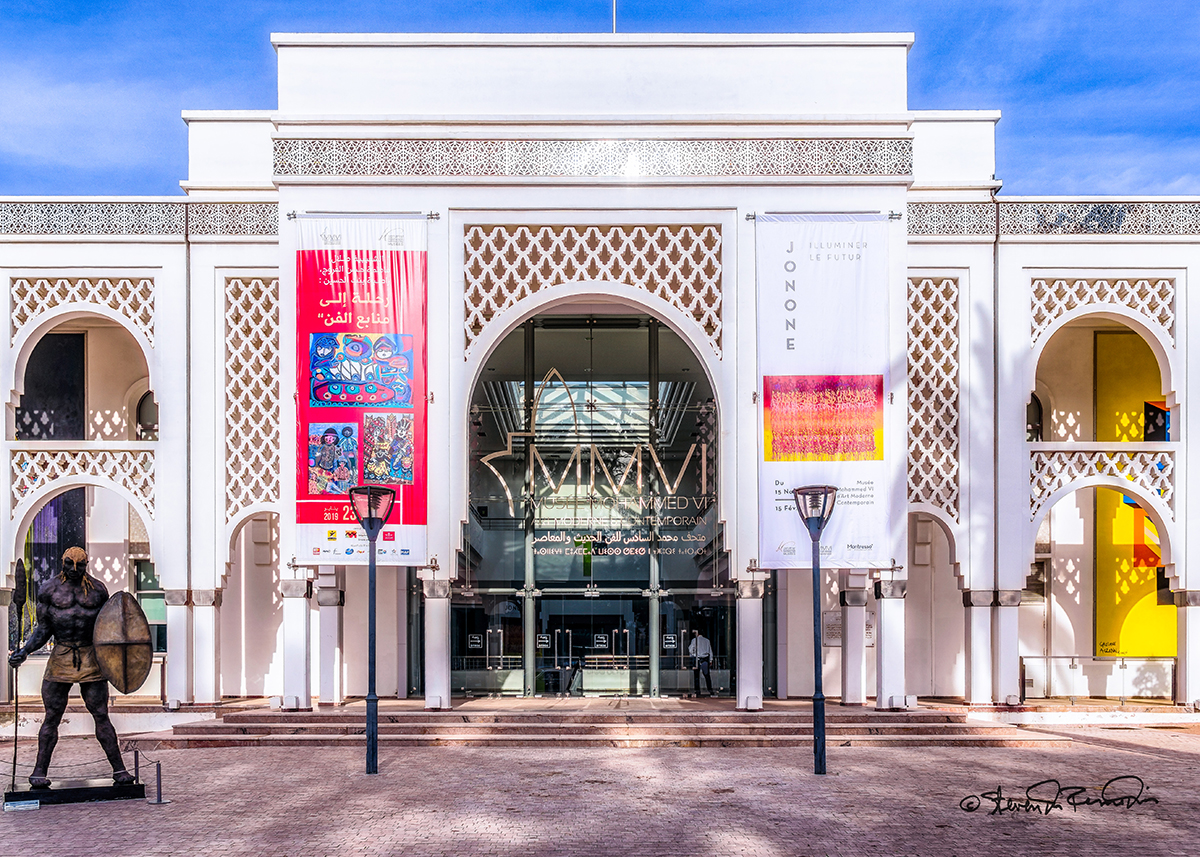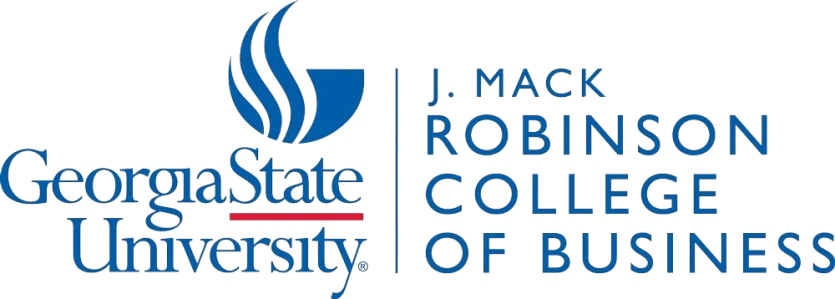The Economy Environment in Morocco
Morocco’s economic freedom score is 59, making its economy the 96th freest in the 2022 global Index and 12th among the 51 African countries.
- The most recent inflation rate reported (2022) is 8.17%.
- The Gini index coefficient is 39.5% (2013).
- As of 2021, GDP is $67.78B with a growth rate of 4.3%. In 2020, the Real GDP (PPP) was $152.79B, making It the 11th in Africa and 74th globally.
- GDP per Capita in the year 2021 is $2990.81.
- Morocco has a Cost of Living Index of 63.47points, making it the 18th highest in Africa (the continent’s average point of 59.81) and the 102nd highest globally (2017).

Rabat was designated the national capital.

- Major Export commodities in 2019 are cars, insulated wiring, fertilizers, phosphoric acid, clothing, and apparel.
- Cost of Starting a Business is 3.6per capita, 46th in Africa and 126 out of 186 globally as of 2020.
- Morocco’s Bank credit to households as of June 2022 is 376.28 Billion rabats, a 3.55% increase in the last year.
Major industries in Morocco include the following:
- Automotive parts
- Phosphate mining, and processing
- Aerospace
- Food processing
- Leather goods
- Textiles
- Construction
- Energy & Tourism
Credit rating of Morocco
The credit ratings for the country Morocco is defined as follows:
- Fitch rating in the year 2020 is BB+
- Moody’s rating as of 1999 is Ba1 (1999)
- Standard & Poor’s rating as of 2010 is BBB- (2010)


Despite Morocco’s economic progress, the country suffers from high unemployment and illiteracy
Negative impacts on Economy
- The most recently reported unemployment rate as of 2021 is 11.47%, 42nd out of 181 globally and 17th in Africa.
- Morocco is 52nd globally for a female unemployment rate of 13.52% (2021) and 43 globally for male unemployment at 10.76%.
- With a 43.56% labor force participation rate (ranked 47th in Africa and 163rd globally), a labor force of 11.96 million are employed as of 2021.
- Recent policy moves by President MAGUFULI are aimed at protecting domestic industry and have caused concern among foreign investors.


